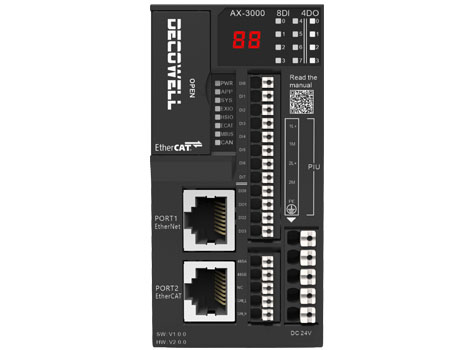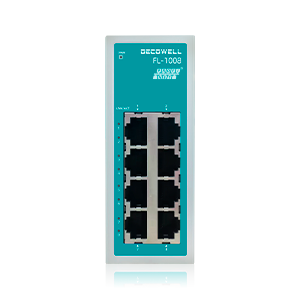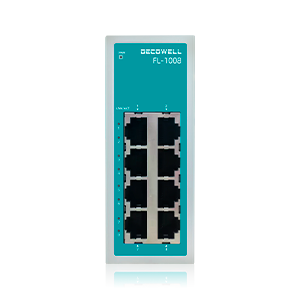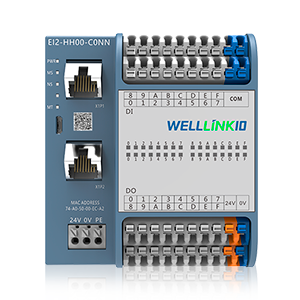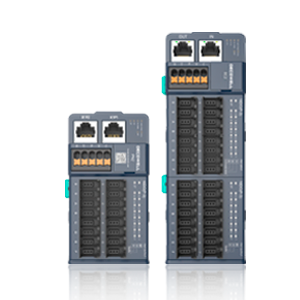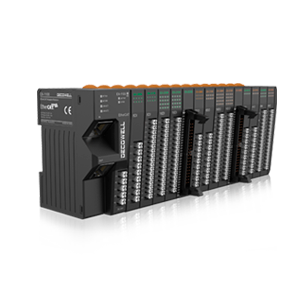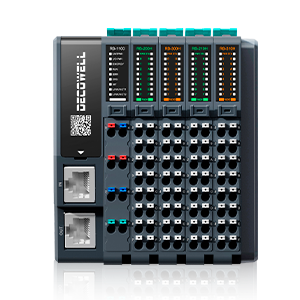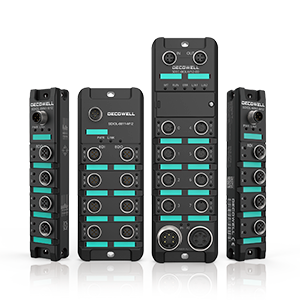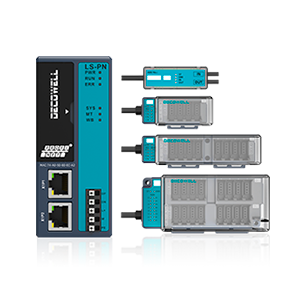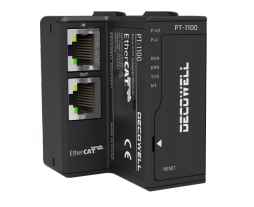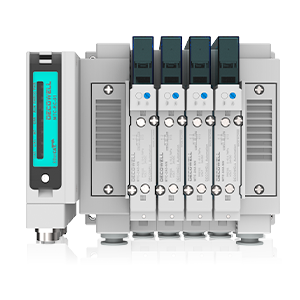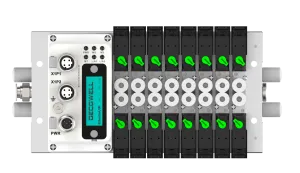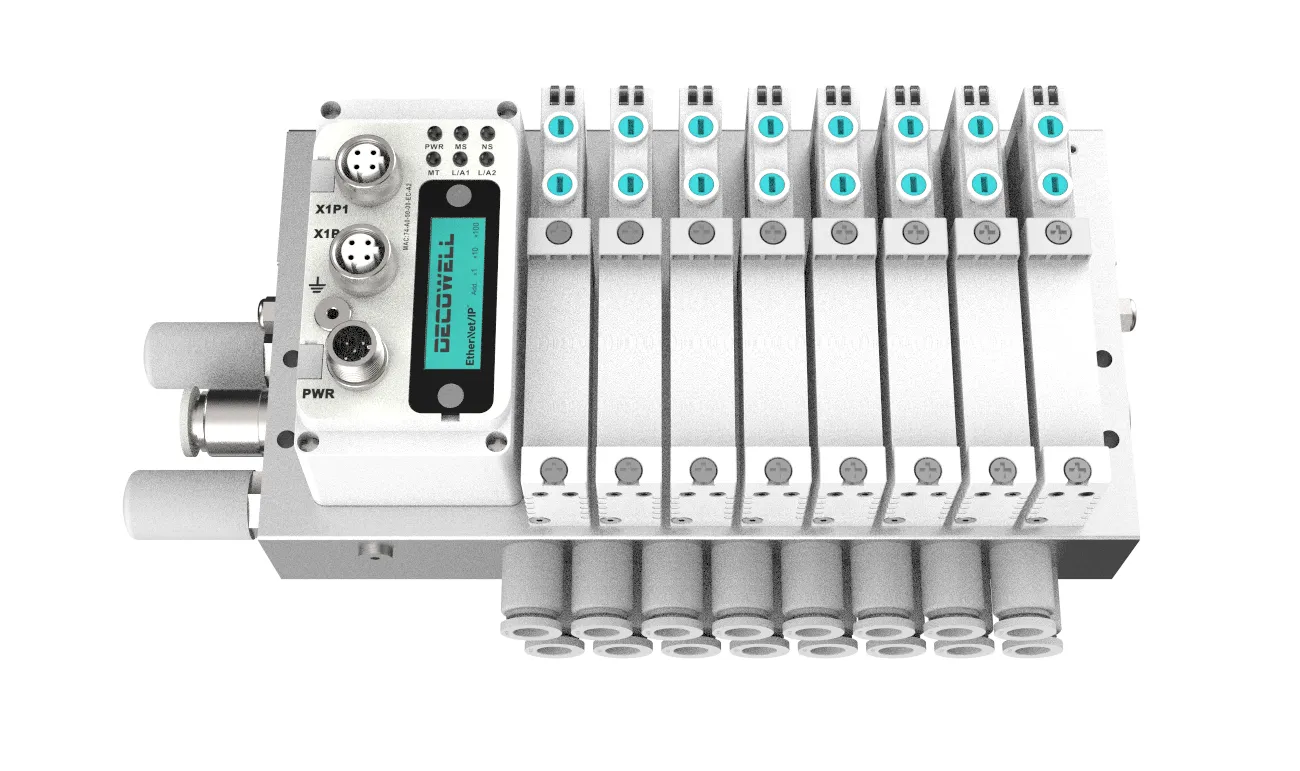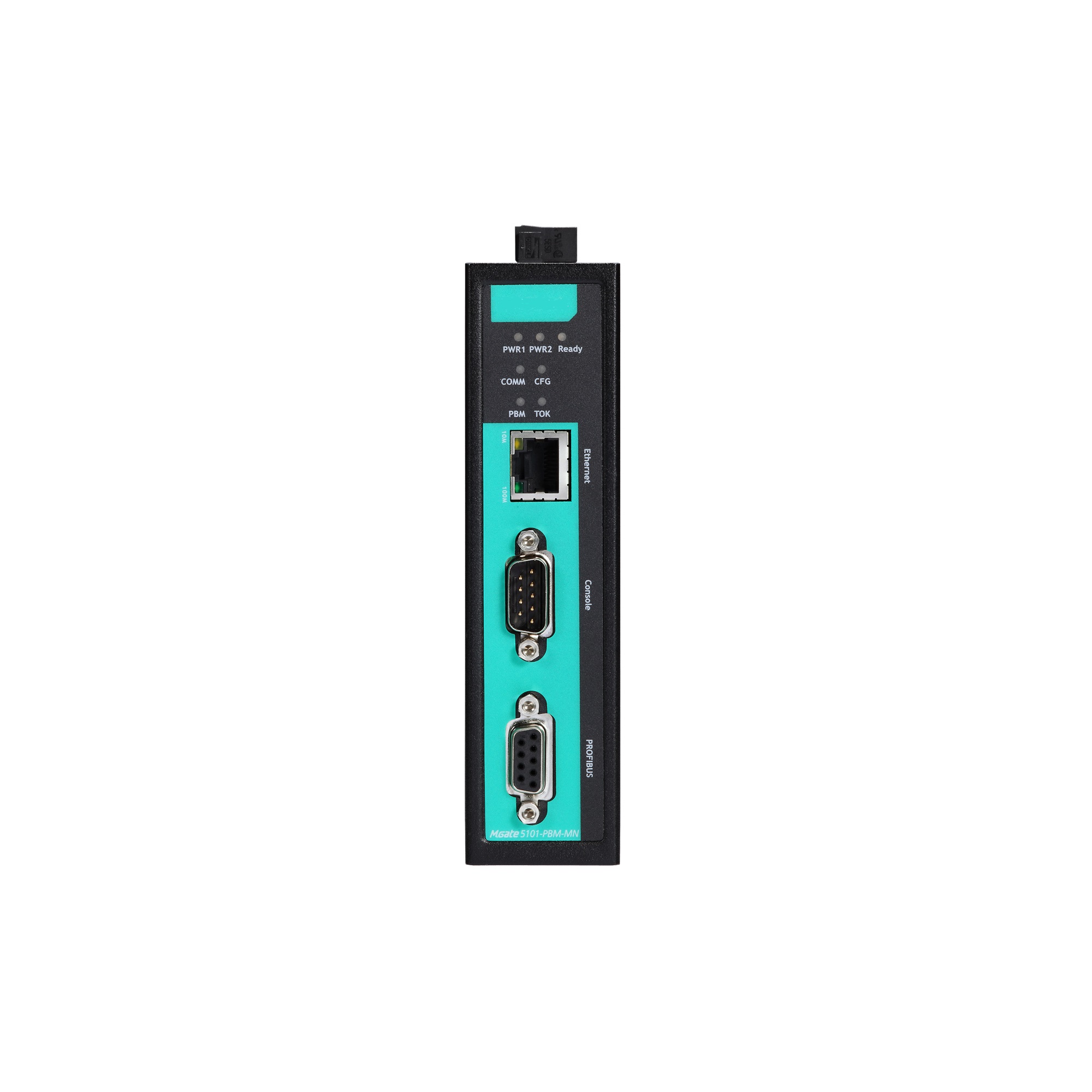
Industry News
Energy Efficiency and I/O Modules: Optimizing Industrial Systems
In today's highly competitive industrial environment, energy efficiency has become a central focus for organizations striving to enhance their operations while minimizing costs. As we seek to optimize our industrial systems, the role of input and output devices, particularly I/O modules, cannot be understated. These modules play a critical part in facilitating communication between various components of an automated system, ensuring not only efficient data transfer but also significant energy savings.
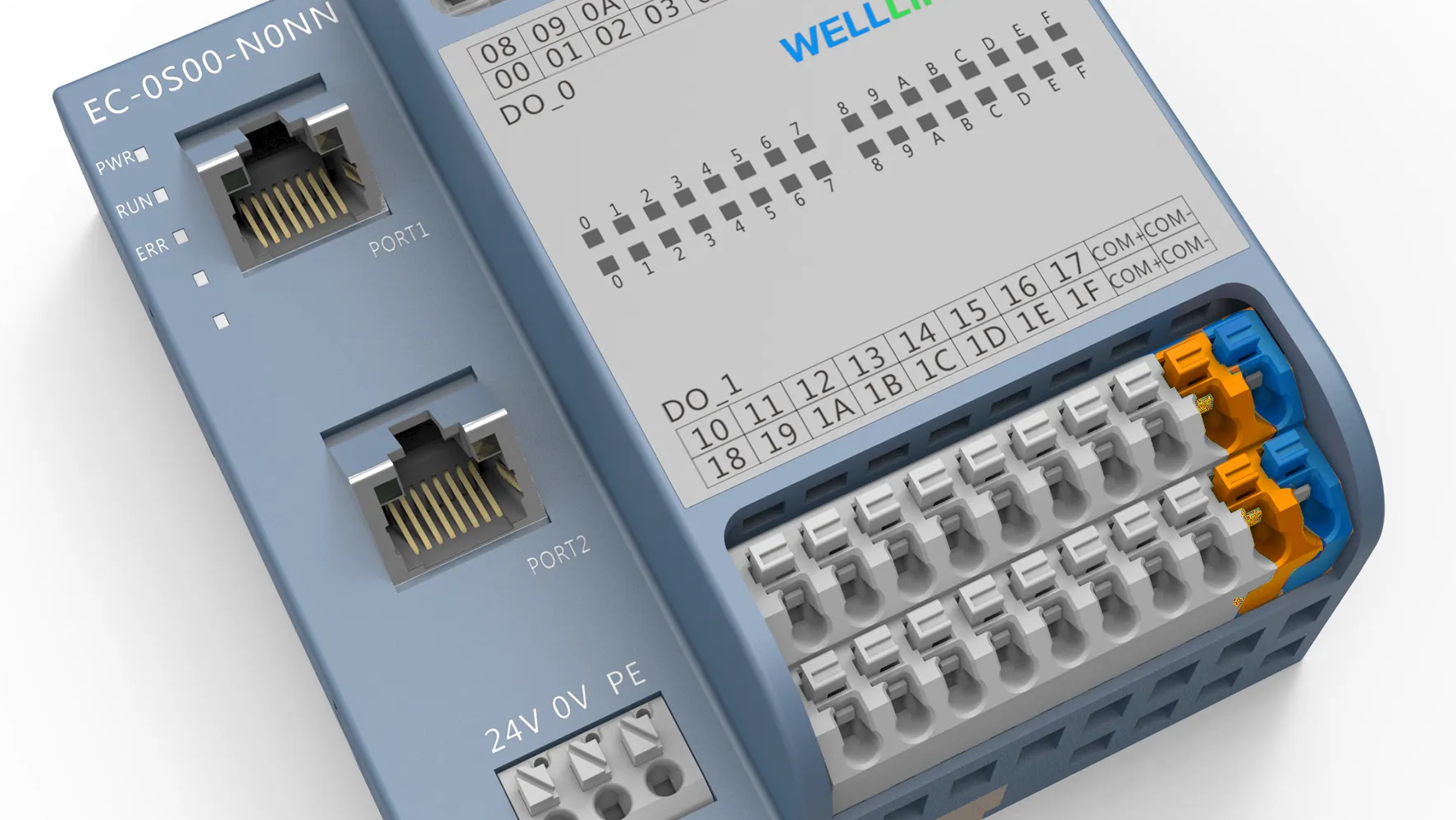
Understanding the Role of I/O Modules in Energy Efficiency
I/O modules are pivotal in managing the data flow between control systems and field devices. By converting signals from sensors into actionable data for control systems, these input and output devices allow us to monitor and control industrial processes in real-time. This ability to process and respond to data promptly is essential for improving energy efficiency in our operations.
The integration of advanced I/O modules enables us to optimize resource utilization across various applications. For instance, by using intelligent algorithms, these modules can assess energy consumption patterns and adjust processes to minimize waste. This dynamic response to data not only enhances efficiency but also contributes to sustainable practices. As industries increasingly focus on reducing their carbon footprint, adopting energy-efficient I/O modules can be a decisive step towards achieving sustainability goals.
Benefits of Using Energy-Efficient I/O Modules
One of the primary advantages of implementing energy-efficient I/O modules is their positive impact on operational costs. By reducing energy consumption, these modules help lower utility bills and improve overall profitability. Furthermore, the use of advanced input and output devices allows for better monitoring of equipment performance and energy usage, leading to more informed decision-making.
Another key benefit of energy-efficient I/O modules is their contribution to system reliability and longevity. By optimizing energy management, we reduce the wear and tear on equipment, leading to fewer breakdowns and maintenance requirements. This improved reliability not only extends the lifespan of our machinery but also minimizes downtime, allowing our operations to run smoothly without interruption.
Compact Structure and Simplified Wiring
When considering energy-efficient I/O modules, it's essential to recognize the advantages provided by compact designs. The Economy One-Piece Module exemplifies this approach, offering a streamlined structure that saves valuable space within our facilities. A compact I/O module reduces the need for extensive wiring, further enhancing energy efficiency by minimizing electrical losses associated with longer cable runs.
In addition, simplified wiring associated with modern I/O modules significantly reduces installation time and labor costs. Our FS series all-in-one I/O modules support PUSH-IN terminals, allowing for quicker connections and less complexity during setup. By streamlining the installation process, we enable faster deployments of energy-efficient solutions, allowing us to realize the benefits of these systems sooner.
Moreover, the slant 45-degree design of the Ethernet communication interface in our modules is an example of how thoughtful engineering can improve stability and reliability. By reducing stress on network cables, we ensure consistent performance over time, which directly correlates to better energy management in our industrial systems. Reliable communication minimizes the risk of data loss and ensures optimal functioning of the entire automation process.
Versatility in Communication Protocols
Energy-efficient I/O modules, like those offered in our FS series, support various communication protocols, including PROFINET, EtherCAT, DeviceNet, and EtherNet/IP. This versatility ensures that we can integrate our modules into existing systems seamlessly, regardless of the protocol used.
By supporting a maximum of 32 signal points in a single module, our input and output devices provide enhanced functionality without necessitating additional hardware. This efficiency translates to reduced energy consumption and lower operational costs, making them an ideal choice for a diverse range of industrial applications.
Conclusion
In summary, the integration of energy-efficient I/O modules into our industrial systems offers significant advantages in terms of cost savings, reliability, and sustainability. By leveraging advanced input and output devices, we at DECOWELL enhance our ability to monitor and m anage energy consumption effectively. This proactive approach not only improves operational efficiency but also aligns with our commitment to fostering environmentally responsible practices.
